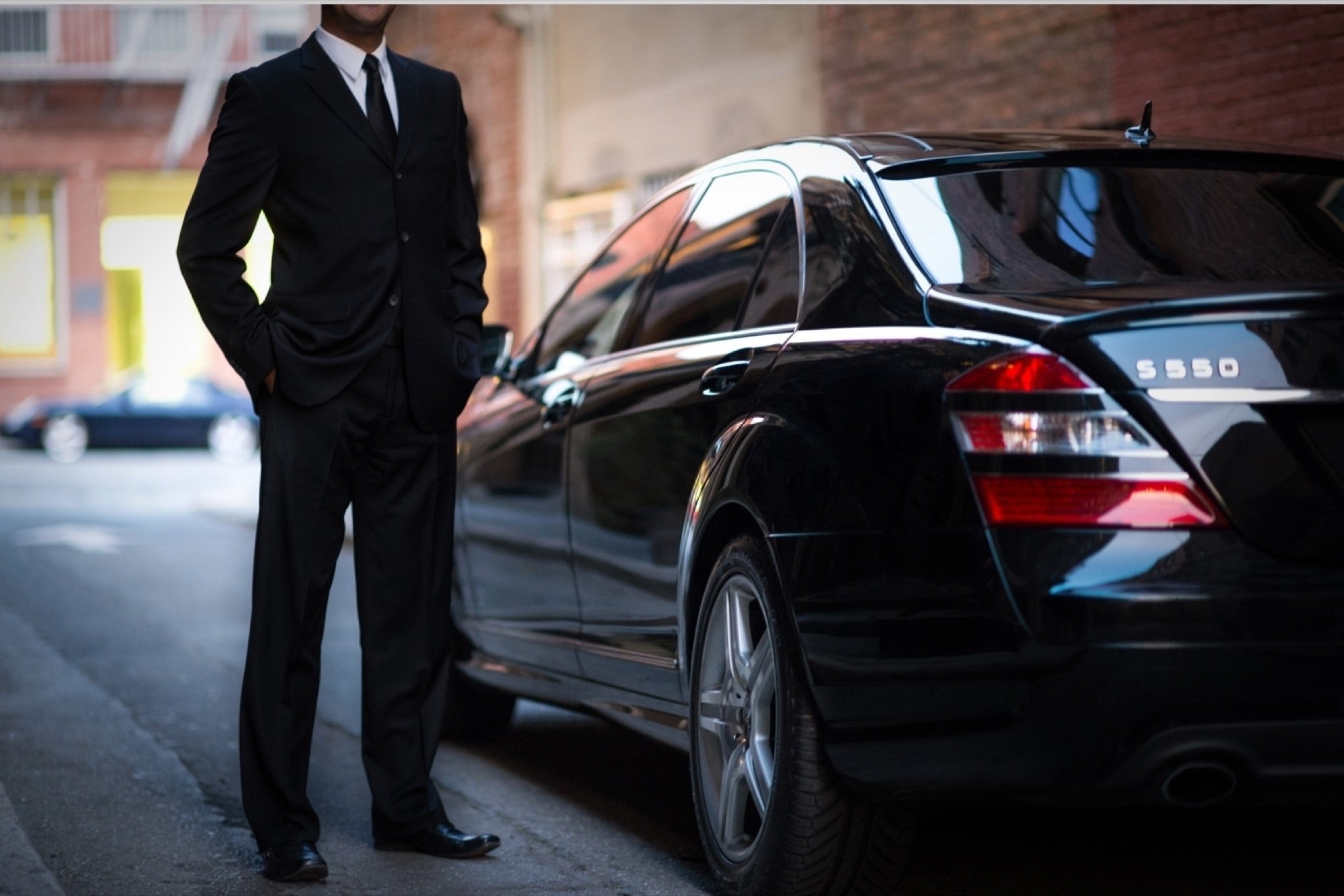Uber Pushes Back Against California Driver Lawsuit The case could decide whether Uber's drivers are independent contractors or employees.
By Reuters
This story originally appeared on Reuters

Uber argued on Thursday that a lawsuit filed by drivers should not proceed as a class action with the ride service citing statements of support from hundreds of other Uber drivers in a case that could decide whether they are independent contractors or employees.
Three drivers sued Uber in San Francisco federal court, contending they are employees and entitled to reimbursement for expenses, including gas and vehicle maintenance. The drivers pay those costs themselves. If allowed to proceed as a class action, the lawsuit could cover more than 160,000 California drivers.
The results of this broader legal battle could reshape the sharing economy, as companies say the contractor model allows for flexibility that many see as important to their success. An ultimate finding that drivers are employees could raise Uber's costs beyond the lawsuits' scope and force it to pay Social Security, workers' compensation, and unemployment insurance.
In court on Thursday, Uber in a filing cited written statements from more than 400 drivers supporting the company. At least two drivers said that if courts decided that they are Uber employees, they would not be able to work for multiple ride services.
Uber drivers "have little or nothing in common," the company argued, because they all differ significantly in the way that they engage with the company. Some hire subcontractors while others run their own transportation companies, and those differences make the case unmanageable to proceed as a single class action, the company said.
Shannon Liss-Riordan, an attorney for the plaintiffs, said it is "not surprising" or relevant that Uber received support from several hundred drivers. "More than a thousand drivers have contacted our firm who are very unhappy with how Uber has treated them," she said.
In previous court filings, the plaintiffs argued that Uber exercises enough control over its drivers, including the ability to terminate them, for them to be considered employees.
That legal similarity should be enough for the case to move forward as a class action, plaintiff attorneys said.
The case in U.S. District Court, Northern District of California is Douglas O'Connor et al vs. Uber Technologies Inc, 13-3826.
(Reporting by Dan Levine; Editing by Grant McCool and Cynthia Osterman)









